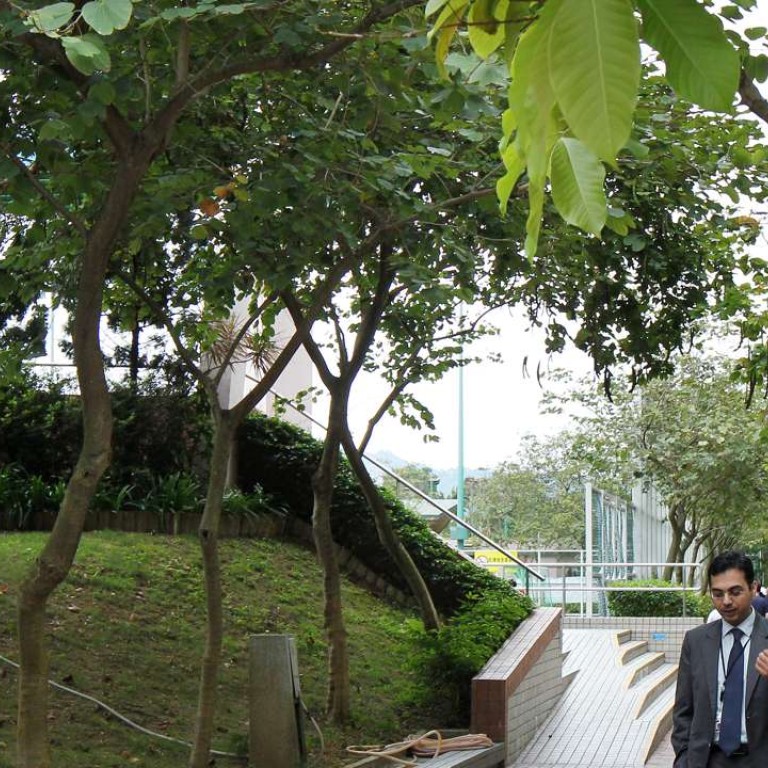
Older children in Hong Kong get few chances to try out different sports
I think our society has overlooked the recreational activity needs of older children and teenagers.
Most parks in Hong Kong have playgrounds designed for children up to six or perhaps eight years of age. When the children grow older, however, it becomes very difficult to find outdoor space and facilities that would attract them.
Playgrounds are no longer fun for them, yet parks typically prohibit any physical activities except walking and jogging.
There is usually a jogging track in the park, which is more favoured by adults who need to control their weight. Kids and teenagers are obviously not satisfied with a track, but if they try to play anything like badminton or riding even a tricycle in the park, they will be stopped.
Meanwhile, indoor sports facilities such as badminton courts are normally fully booked. This is the age group which is subject to tremendous pressure from our education system and in need of more space, and recreational facilities and activities, to ensure their healthy and balanced development, but where can they go after school for that?
This is also one key reason why we see increased obesity among children. Younger children have lots of outdoor physical activities, but when they are older, there are fewer facilities and less suitable space for them to keep up their physical activities, while they keep on increasing food intake.
Also, our society is over-regulated regarding recreational activities. My son, now 13, is talented at shooting. He has shown his potential during our trips to Thailand where he could learn firearms shooting. However, in Hong Kong he can’t practise even air pistols until he is 15 (mainland athletes can start practising shooting at the age of 12).
He can’t enter or use running or cycling equipment in a gym, restricted to those aged 16 or above. He wanted to try snooker, but again persons under 16 are prohibited. These regulations are barring teenagers from otherwise good recreational activities.
What’s left is to engage in training classes often not based on their interests but decided by their parents, with the aim of getting awards for application for admission to schools, which then create pressure rather than turn out to be recreational.
Our youth policy concentrates on the need for higher or vocational education, and future career opportunities, and has not done enough to address young people’s need for balanced, healthy physical development.
Joseph Lee, Cha Kwo Ling

